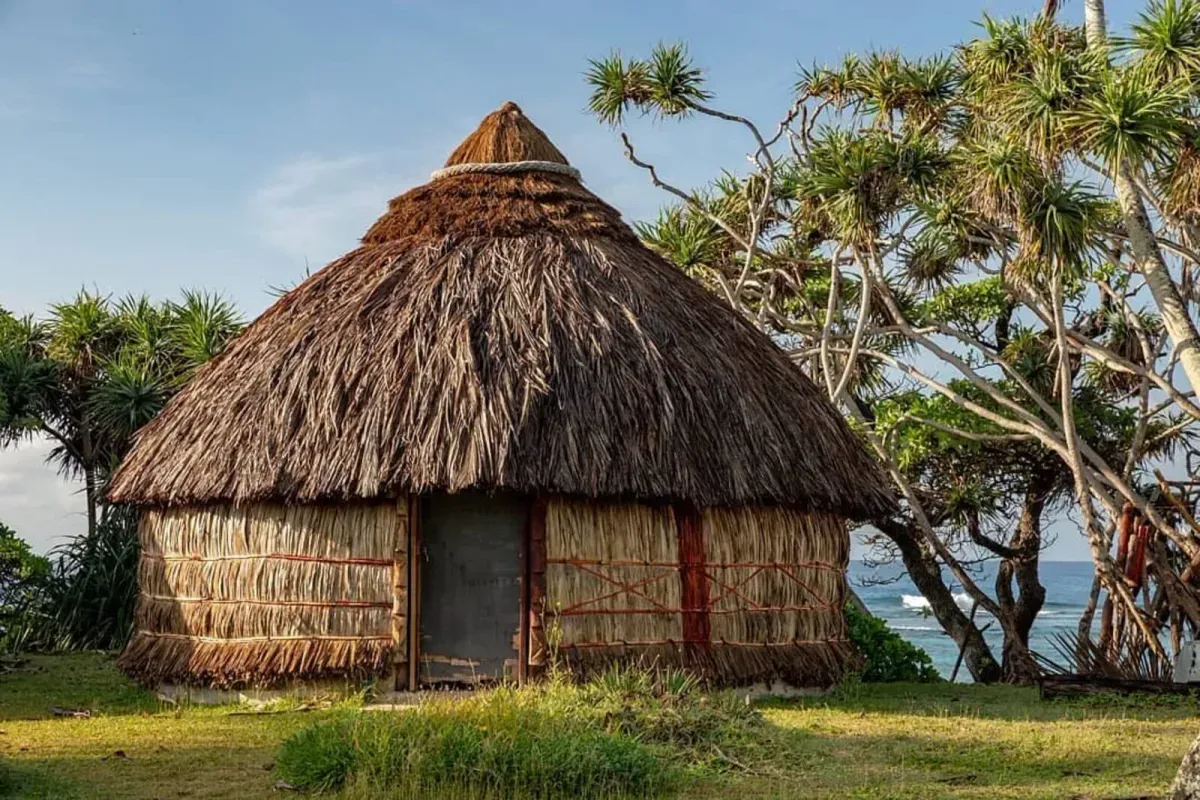New Caledonia Marks Colonization Anniversary Amid Ongoing Tensions
New Caledonia commemorates 171 years of French rule amidst unresolved conflicts between pro-independence Kanaks and loyalists. Recent unrest and political changes in France add complexity to the territory's future.

As New Caledonia marks the 171st anniversary of French colonization on September 24, 2024, the Pacific territory finds itself at a crossroads of conflicting aspirations and unresolved tensions. The commemoration highlights the deep-seated divisions between the pro-independence Indigenous Kanak people and the communities loyal to France.
In the capital Noumea, supporters of continued French rule plan to mark the occasion by honking their horns during a radio broadcast of France's national anthem. Meanwhile, the National Council of Chiefs of the Kanak people is convening on Mare Island, where they are expected to make a unilateral declaration of sovereignty over their customary territories.
These contrasting observances come in the wake of four months of deadly unrest that erupted in May 2024, following President Emmanuel Macron's controversial voting reform in New Caledonia. The upheaval resulted in 13 fatalities and caused extensive damage to property, with repair costs estimated at 2.2 million euros.

New Caledonia's strategic importance has grown in recent years, particularly due to its vast nickel reserves, which account for approximately 25% of the world's known resources. This critical raw material is essential for producing electric vehicle batteries, solar panels, and various everyday items, making the territory a focal point in the geopolitical landscape of the Indo-Pacific region.
The roots of the current conflict trace back to 1853 when New Caledonia became a French possession under Emperor Napoleon III. The territory's history is marked by periods of segregation and discrimination against the Kanak people, who have long sought independence. In 1957, French citizenship was granted to all Kanaks, but this did not quell the desire for self-determination.
The 1980s saw tensions escalate to the brink of civil war, leading to the 1988 peace deal. A decade later, the Noumea Accord of 1998 promised increased autonomy and the possibility of independence through referendums. Between 2018 and 2021, three such referendums were held, with voters choosing to remain part of France. However, the Kanak community boycotted the final referendum in 2021 due to the COVID-19 pandemic's impact on their population.
"The Kanak people will never give up on their desire for independence with peaceful means."
The situation deteriorated further when Macron's government pushed through a bill amending voting rights in New Caledonia, sparking mass demonstrations that turned violent in May 2024. The French government's response included declaring a state of emergency and deploying additional police and military forces to the territory.
In a controversial move, seven Kanak activists, including leader Christian Tein, were transferred to mainland France for pretrial detention, a decision that ignited renewed rioting across the archipelago. This action has further eroded trust between the communities and diminished hopes for meaningful dialogue.
As France grapples with its own political challenges, including a new government under Prime Minister Michel Barnier, the future of New Caledonia remains uncertain. Barnier is expected to outline his approach to the territory in his inaugural policy speech on October 1, 2024, with many calling for a renewed commitment to the promises of the Noumea Accord.
New Caledonia's unique biodiversity, including its UNESCO World Heritage-listed lagoons and the endangered kagu bird, stands in stark contrast to the political turmoil. As the territory faces these challenges, its rich cultural heritage, including 28 recognized Kanak languages, and its economic potential in sectors such as tourism and nickel production, underscore the complexity of forging a path forward that respects both its Indigenous roots and its ties to France.


































